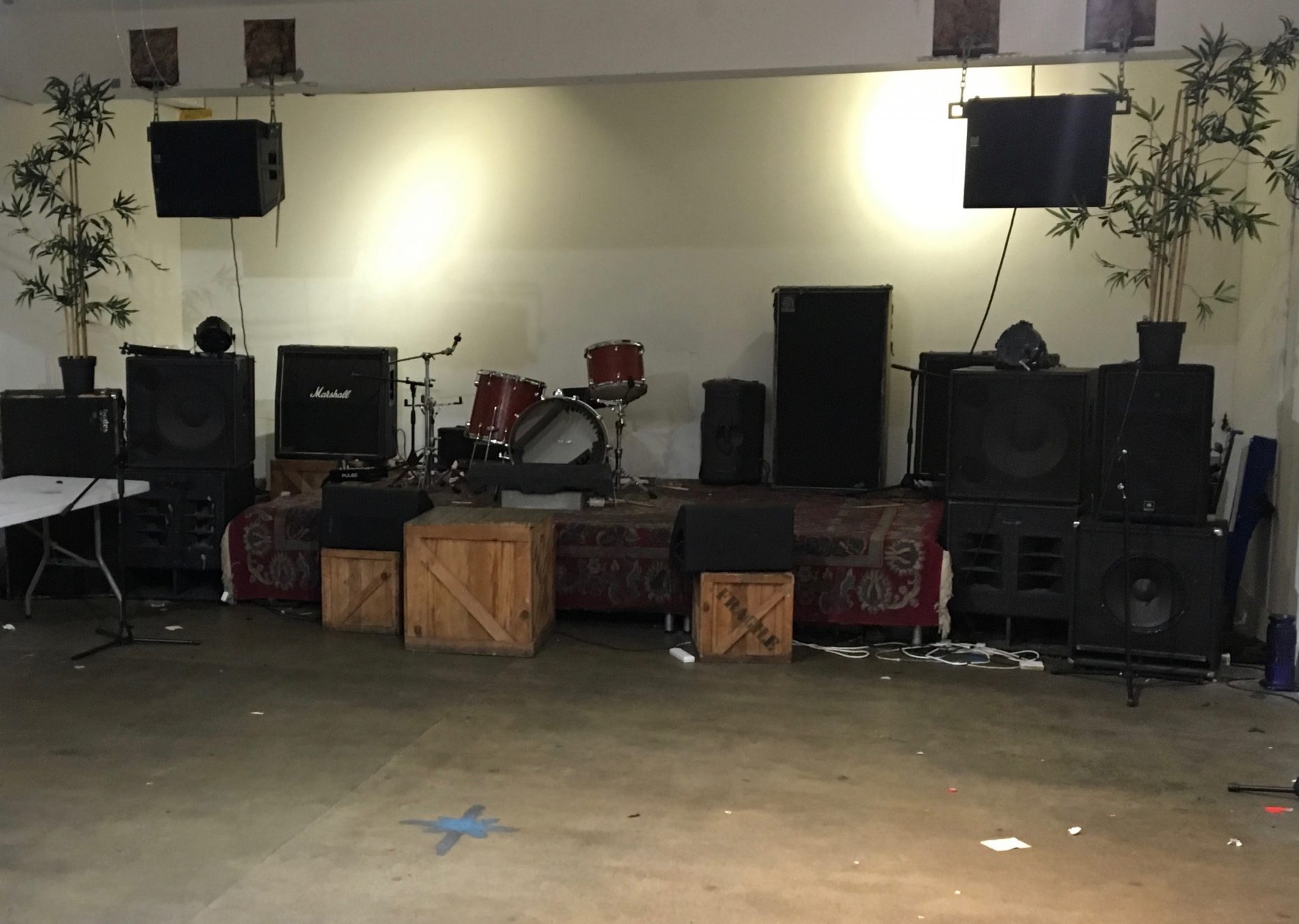The research project ›Improvising Knowledge‹ is an interdisciplinary project between musicology, pedagogy and sociology and investigates the emergence of knowledge and the organisation of learning in musical improvisation. The project also aims to develop methods of practice-based, empirical research on knowledge construction in musical practices. The focus is not on the individual knowledge of isolated subjects, but on the social knowledge of learning groups, i.e. the knowledge of communities of musical practice. The research interest is focused on the development of aesthetic criteria and value standards in group improvisation as well as on the competence to implement these criteria into joint playing.
In its first phase, the project explores improvisational learning practices in an institutionalized context. As part of a pilot study, two successive longitudinal studies will be carried out at music pedagogical institutes of German-speaking universities for comparative purposes. The principal form of investigation is the qualitative experiment: Within the framework of improvisational workshops, student ensembles alternate between phases of guided and independent artistic learning. The students’ musical working process is videographically documented and researched through interviews. The aim of these studies, in which teachers and learners of music and music pedagogy participate, is to compare two fundamentally different forms of learning: learning initiated by others, i.e. organised by a teacher, on the one hand, and self-initiated learning, i.e. organised by the learners themselves, on the other.
The second phase of the project investigates informal, autodidactic learning processes of improvising musicians outside academic or institutionalised contexts. Using the methods tested in the first work phase, the strategies and tactics of ‘wild learning’ of self-organized scenes and practice communities of improvisation will be documented and researched in a combination of field experiments and focused ethnography.
Improvisation as transcultural practice?
A major challenge for musicology and music pedagogy informed by cultural studies and sociology is the question of research into musical improvisation from a transcultural perspective: On the one hand, there is the problem of generalising specific concepts of improvisation, whether they are influenced by European or Afro-American art. The main obstacle here is the still widespread application of supposedly universal categories such as spontaneity, unforeseeability, eventfulness, etc. to a multitude of global music cultures and practices, the specifics of which cannot be adequately described either by these concepts or by a difference between improvisation and composition. On the other hand, it cannot be denied that musical improvisation – understood not as an art form but as a method – developed a considerable dynamic of transcultural translation processes over the course of the 20th century. Against this background, the question of the knowledge of improvisation is combined with the concern to understand and explore concepts and practices of improvisation as scenarios of negotiation and questioning of cultural difference.
Team:
Matthias Haenisch
Marc Godau
Barbara Reschke
Anne Schuster
Theresa Schlegel
Ronny Zimmermann
